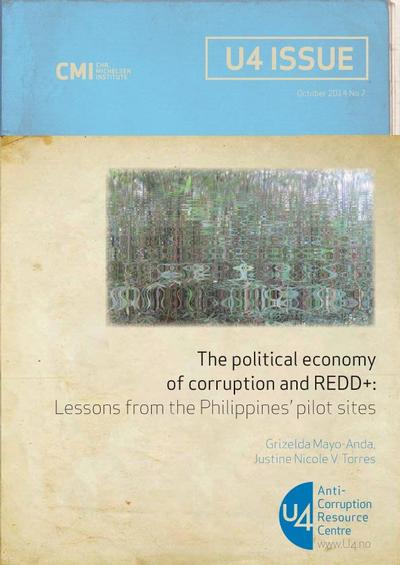Livelihoods and Land Uses in Environmental Policy Approaches: The Case of PES and REDD+ in the Lam Dong Province of Vietnam
This paper explores assumptions about the drivers of forest cover change in a Payments for Environmental Services (PES) and Reduced Emissions from Deforestation and Degradation (REDD+) context in the Lam Dong Province in Vietnam. In policy discourses, deforestation is often linked to'poor' and 'ethnic minority' households and their unsustainable practices such as the expansion of coffee production (and other agricultural activities) into forest areas.


